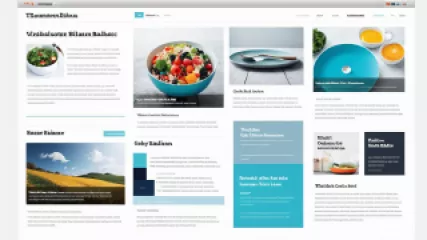Unlocking the Benefits of Gratitude Practice: A Research Summary
před 1 rokem
Praxe vděčnosti
How to Maximize the Benefits of Social Networking for Mental Health
před 1 rokem
Dopad sociálního sítění
The Ultimate Guide to Navigating Adolescent Challenges
před 1 rokem
Výzvy dospívání
Understanding the Mental Health Challenges in Rural Areas
před 1 rokem
Duševní zdraví ve venkovských oblastech
Why Achieving Work-Life Balance is Essential for Well-Being
před 1 rokem
Rovnováha práce a života
Lessons from 'Elf' to Overcome Holiday Stress
před 1 rokem
Stres během svátků
Unlocking the Secrets of Mental Health Literacy: An Interview with a Leading Expert
před 1 rokem
Gramotnost v oblasti duševního zdraví
Enhancing Patient Engagement: An Interview with a Healthcare Leader
před 1 rokem
Pěstování vztahů s pacienty
10 Best Tips for Achieving a Healthy Work-Life Balance
před 1 rokem
Rovnováha práce a života
Lessons from 'The Alchemist' to Boost Your Spiritual and Mental Well-Being
před 1 rokem
Spiritualita a duševní zdraví
Enhancing Mind-Body Connection: A Holistic Approach to Spiritual and Mental Well-being
před 1 rokem
Spiritualita a duševní zdraví
10 Powerful Ways to Boost Your Emotional Health
před 1 rokem
Emoční zdraví
Lessons from "Office Space" to Improve Your Work-Life Balance
před 1 rokem
Rovnováha práce a života
How Can a Gratitude Practice Benefit Your Self-Care?
před 1 rokem
Praxe vděčnosti
Unlock the Power of Spiritual Practices for Mental Wellbeing
před 1 rokem
Spiritualita a duševní zdraví















